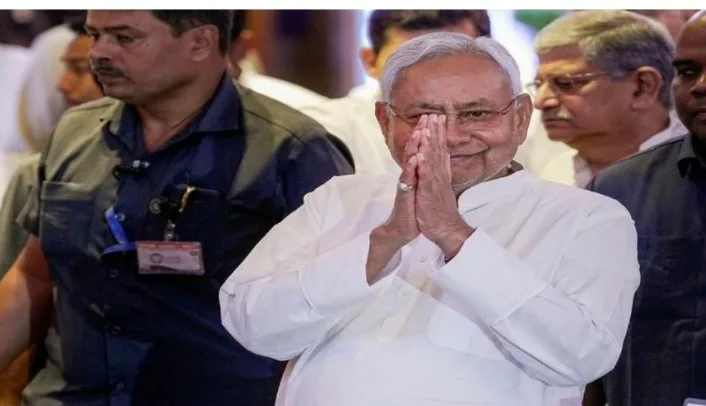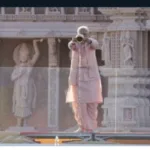In Bihar, Chief Minister Nitish Kumar announced on Tuesday in the state assembly that within a year, eight lakh people will be provided employment, and the government will offer ten lakh jobs before the 2025 assembly elections. He emphasized the recruitment of additional police personnel, increasing their numbers from the current 1,10,000 to 2,27,000. The Chief Minister highlighted the successful implementation of the “Saat Nischay” (Seven Resolves) initiative, focusing on development and addressing challenges during the COVID-19 pandemic.
During his address, opposition members walked out of the assembly. Nitish Kumar mentioned that the seven resolves formulated between 2005 and 2015 have driven developmental efforts. Employment opportunities were created during the pandemic, encouraging work from home arrangements. He also highlighted the reservation of 50% for women in panchayats, sparking discussions nationwide.
The Chief Minister shared historical context, mentioning the creation of a separate category for the extremely backward class in 1978 by the then Chief Minister Karpoori Thakur. He criticized attempts to abolish the distinction between backward and extremely backward categories, stating strong opposition to such a move.
Nitish Kumar outlined ambitious goals under “Saat Nischay Part Two,” aiming to provide ten lakh jobs and employ ten lakh people before the upcoming assembly elections. He assured that more than ten lakh government jobs would be offered, emphasizing the recruitment process in the police department, aiming to reach 2,27,000 personnel.
He emphasized an increase in workforce numbers in the education, health, and agriculture sectors, highlighting improvements in healthcare accessibility and infrastructure. The Chief Minister also discussed infrastructure development, making remote areas accessible within a few hours.
Addressing political stability, Nitish Kumar stressed the importance of staying committed to work and warned against switching parties, stating that defection would result in resignations and subsequent elections.
He touched upon communal harmony, highlighting efforts to improve relations between Hindu and Muslim communities. The Chief Minister mentioned steps taken to address issues like encroachment on cemeteries and thefts in temples, ensuring a peaceful coexistence.
Lastly, Nitish Kumar mentioned the implementation of caste-based census, leading to an increase in reservation limits based on the population’s demographic composition. This approach also considered economic conditions, identifying and initiating plans for upliftment of economically deprived families based on the census data.







